Banda Singh Bahadur and Sikh Sovereignty
Synopsis
In this book Banda Singh Bahadur and Sikh Sovereignty the author has made an attempt to study Banda Singh Bahadur's multi-dimensional role in an objective manner and setting at rest to the maximum possible extent the misgivings about him and his career. The early eighteenth century Punjab History witnessed a stiff resistance from the local chiefs (both religious and political), the zamindars and the peasants to local Mughal officials in their attempt to maintain imperial control. They struggled for greater share in the revenues and in political power over the region, ultimately aiming to establish sovereignty in the different parts of the subahs of Punjab and Delhi. The most significant feature of the Sikh history during the course of 17 and the 18 centuries is that the Sikh Community/Nanak Panth which originally was socio-religious in character gradually transformed into socio-religious-cum-political force comprising members from various clans and castes. The Mughal Empire, which had been shaken to the point of dismemberment during the 18 century, has great impact on the social, economic and political developments, which transformed the Sikhs, not only into a political force but a force to reckon with. In this monograph an attempt has been made to give a critical assessment of life and achievements of Banda Singh Bahadur as well as an account of his struggle, as a leader of the Sikhs, against the Mughals. Within a period of eight years after the death of Guru Gobind Singh in 1708, Banda Singh Bahadur was able to rouse the peasantry in the Majiha and Malwa areas to take up arms and successfully shook the very foundations of the Mughal Empire. Due to his generosity and spiritual appeal, he had no dearth of recruits. By 1710, Banda Bahadur had virtually become master of the territories between the Jamuna and the Satluj, territory worth about 36 lakhs of rupees per annum. He made his own faujdars, diwans and kardars. He adopted Mukhlispur, an imperial fort now given the name of Lohgarh, as his headquarter. To celebrate his successful capture of Sirhind in 1710, he not only introduced a new calendar from that date, he even struck coins in the name of Guru Nanak and Guru Gobind Singh. Even though Banda Singh Bahadur’s political career was short lived, as he was executed in June 1716 (near the tomb of Sheikh Qutbuddin Bhaktyar Kaki close to the Qutab Minar), his armed struggle had spread over the Malwa and the Majiha territories. The Mughal emperor ordered a general mobilization of all his forces in Delhi, Awadh and other neighbouring areas and called for "a jihad against the Sikhs". However, this goes without saying that Banda’s struggle was political and agrarian in character which had exposed the feebleness of the Mughal administration and the discontentment of the peasants. The author has emphasized that Banda Singh Bahadur had the acumen to plan and the ability to execute. She has also examined his historic role of raising the huge armed struggle for the establishment of a mighty Sikh state in Punjab.
Read more
32.40
29.16
$
36.00 $
Free delivery Wolrdwidе in 10-18 days
Ships in 1-2 days from New Delhi
Membership for 1 Year $35.00
Get it now and save 10%
Get it now and save 10%
BECOME A MEMBER

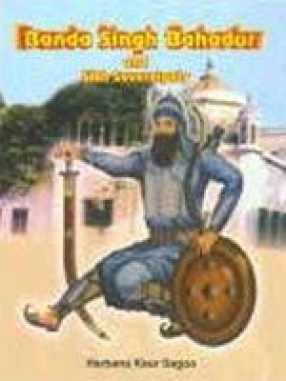
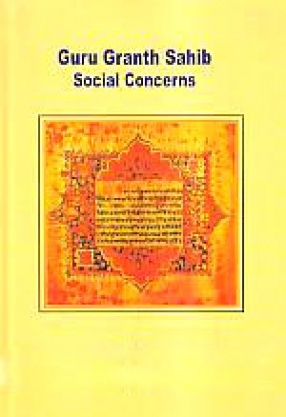

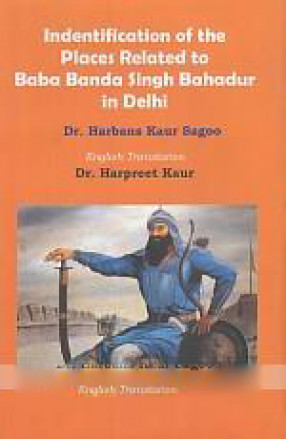

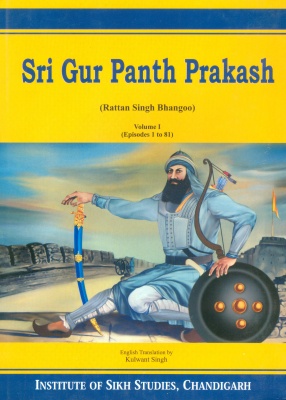

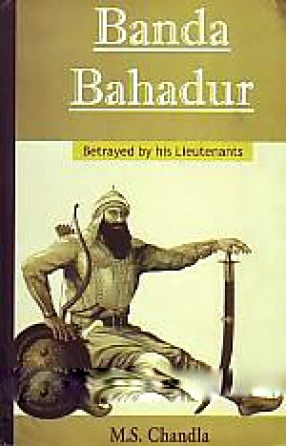

Bibliographic information